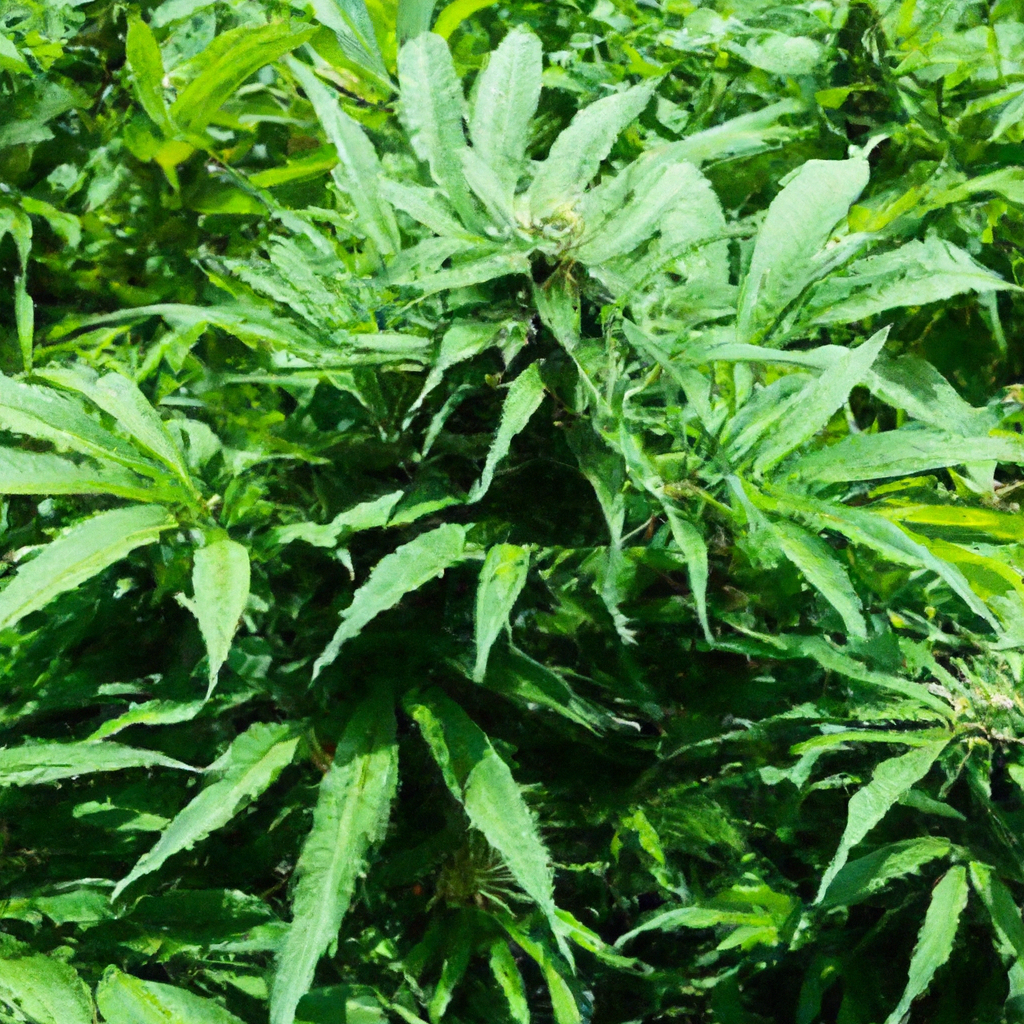Your cart is currently empty!
In the world of cannabis cultivation, organic growing stands out as a beacon of sustainability and quality. By harnessing natural processes, cultivators can produce healthier and more environmentally friendly cannabis. This approach not only benefits the planet but also offers consumers a purer product. In this article, we’ll explore best practices for organic cannabis cultivation, focusing on natural fertilizers, compost, and pest control.
1. Building a Healthy Soil Ecosystem
Healthy soil is the cornerstone of organic cannabis cultivation. By building a vibrant soil ecosystem, plants receive essential nutrients without synthetic additives.
- Compost: Use compost as a natural fertilizer. It enriches the soil with nutrients and beneficial microbes.
- Cover Crops: Plant cover crops like clover to fix nitrogen in the soil and prevent erosion.
- Crop Rotation: Rotate cannabis with legumes or other non-cannabis crops to maintain soil health and prevent pest buildup.
2. Embracing Natural Fertilizers
Natural fertilizers are key to organic cultivation, providing essential nutrients while promoting soil health.
- Bone Meal: A great source of phosphorus and calcium, promoting strong root development.
- Fish Emulsion: Offers a nitrogen boost, perfect for vegetative growth stages.
- Seaweed Extract: Provides potassium and trace minerals, enhancing plant immunity.
3. Natural Pest Control Methods
Organic growers avoid synthetic pesticides by implementing natural pest management strategies.
- Beneficial Insects: Introduce ladybugs or predatory mites to reduce aphid and mite populations naturally.
- Companion Planting: Use plants like marigolds and basil to repel harmful insects.
- Neem Oil: An organic pesticide that prevents fogging and protects against a variety of pests.
4. Promoting Sustainability in Growing Operations
Sustainability is at the heart of organic farming, and several practices ensure that cannabis cultivation remains eco-friendly.
- Water Conservation: Use drip irrigation to minimize water usage and reduce runoff.
- Recycling Plant Waste: Compost plant residuals and use them in future soil-preparation cycles.
- Energy Efficiency: Implement solar panels or energy-efficient lighting to reduce carbon footprints.
Conclusion
Organic cannabis cultivation provides a sustainable pathway for growers and consumers alike. By focusing on building healthy soil ecosystems, using natural fertilizers and implementing effective organic pest control, cultivators can achieve superior yields while caring for our planet. Organic methods not only produce cleaner and greener cannabis but also align with environmental stewardship principles, ensuring a brighter future for agriculture.
Tags: OrganicGrowing, NaturalFertilizers, Compost, PestManagement, SustainablePractices
Discover more from Magic Clones
Subscribe to get the latest posts sent to your email.


Leave a Reply